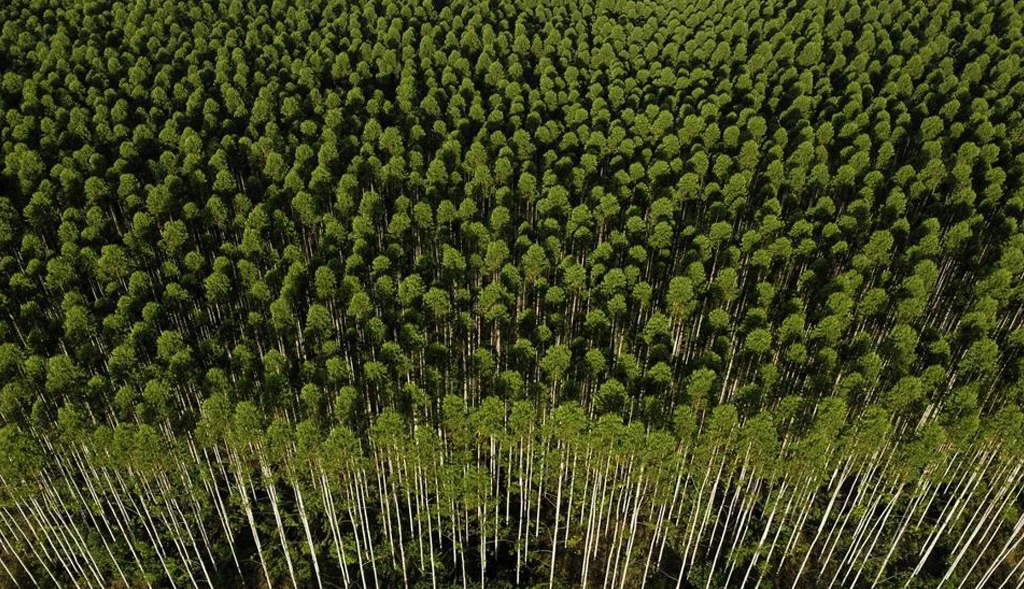Just over a month ahead of COP30, Ibá has released a comprehensive report showcasing initiatives from Brazil’s planted tree sector, both for industrial purposes and native forest restoration, demonstrating the sector’s significant contributions to climate change mitigation. The publication, entitled “Brazilian Forest Sector for Climate”, provides an overview of the innovative business model developed by this nature-based industry over more than a century of activity.
The document brings together 26 case studies covering topics such as tropical agriculture development, native forest conservation, sustainable management, and measures to protect water, soil, and biodiversity. It also addresses companies’ social initiatives, reforestation with native species, carbon removal from the atmosphere, industrial decarbonization processes, and bioenergy production, among other themes.
The publication features examples from companies including Arauco Brasil, Biomas, Bracell, Carbon2Nature, Cenibra, CMPC, Dexco, Eldorado Brasil, Gerdau, Guararapes, Ibema, Irani, Klabin, LD Celulose, Melhoramentos, re.green, Smurfit Westrock, Suzano, Sylvamo, Symbiosis, TTG Brasil and Veracel. Institutions such as Ipef (Institute of Forest Research and Studies), SIF (Society for Forest Research) and Reflore also contributed to the report.
As the world’s largest pulp exporter, Brazil’s planted tree sector is a global benchmark in the bioeconomy, showing how large-scale production can go hand in hand with conservation. The sector provides renewable, biodegradable and recyclable products for the daily lives of more than 2 billion people worldwide. These include books, paper packaging, viscose fiber clothing, tissue paper, flooring and panels, medicine capsules, cardboard boxes and many others.
Trees are one of the oldest and most effective natural mechanisms for maintaining the planet’s health. The sector is among the world’s largest tree planters, with 1.8 million new trees planted every day. Brazil currently has 10.5 million hectares of planted forests, while conserving an additional 7.01 million hectares of native vegetation—an area larger than Belgium and Switzerland combined.
About Ibá
The Brazilian Tree Industry (Ibá) is the association representing the planted tree sector for industrial purposes and restoration, from the field to industry, engaging with its key stakeholders. Founded in April 2014, Ibá represents 50 companies and 10 state associations producing goods derived from planted forests. The sector plays a leading role in the large-scale bioeconomy, providing solutions for a decarbonizing world through ecosystem services such as carbon removal, while generating recyclable, biodegradable, and renewable-based products.




